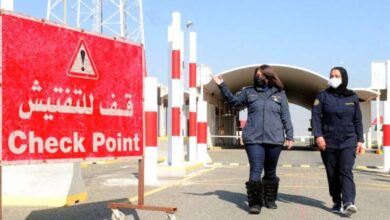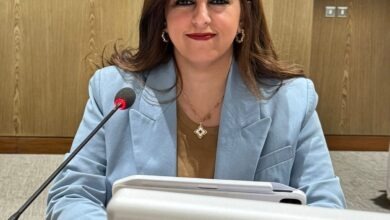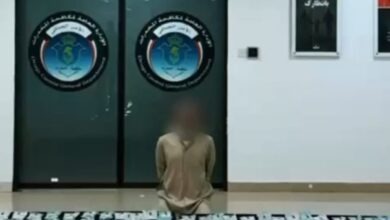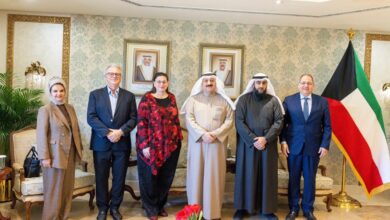UNHCR, Al-Nouri Charity sign grant agreement to support 346 Syrian refugee families in Jordan
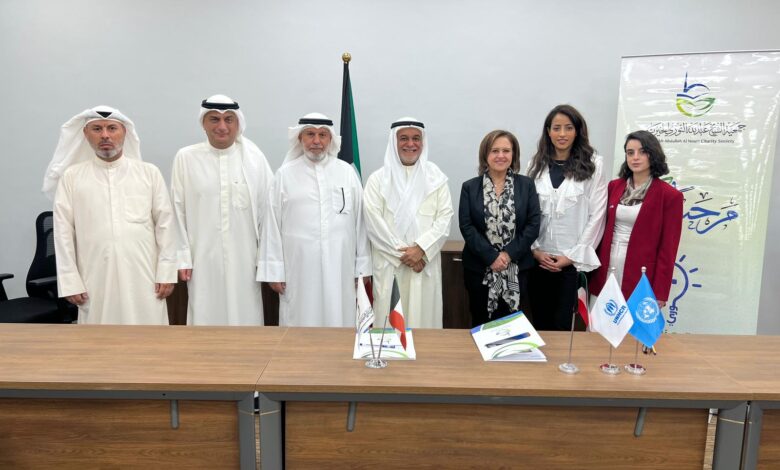
UNHCR, the UN Refugee Agency, and the Sheikh Abdullah Al-Nouri Charitable Society signed a grant agreement aimed at helping refugees in Jordan.
This is the fifth time the organizations sign agreements, which support UNHCR in addressing critical needs and enhancing self-reliance of Syrian refugees in Jordan through cash assistance.
The grant channels donations raised as part of the winter campaign organized by UNHCR in partnership with Sheikh Abdullah Nouri Charitable Society from November 2024 to the end of March 2025.
Through the generous contribution from Al-Nouri Charity, 346 refugee families (more than 1,730 individuals) will be provided with monthly cash assistance for 9 months to cover their most essential needs.
UNHCR’s Representative to the State of Kuwait, Nisreen Rubaian, expressed her gratitude stating: “This agreement with Al-Nouri Charitable Society reaffirms the strength of our partnership and the vital role Kuwaiti charities play in supporting refugees.
At a time of growing needs and limited funding, such contributions are crucial to sustaining UNHCR’s humanitarian support to people who have been forced to flee their homes.”
From his end, the Chairman of the Board of Directors of Sheikh Abdullah Al-Nouri Charitable Society, Eng. Jamal Al-Nouri, said: “This partnership is the fifth agreement since 2020 which benefited over thousands of families, and we wish to expand on it between the Society and UNHCR during next year’s campaign due to the significant needs of refugees and displaced persons across the region.”
Refugees in Jordan continue to need assistance. The change in government in Syria in December 2024 generated renewed hope for return. UNHCR’s regional survey on refugees’ perceptions and intentions on return showed that 27 per cent of Syrian refugees the region stated in January that they intend to return within the next year.
That means that the vast majority of Syrian refugees will remain in host countries and continue need support to sustain their already difficult humanitarian situations. 67 per cent of refugees in Jordan live below the poverty line and 9 out of 10 hold debts, often taken to pay for basic necessities like rent, food or medical expenses.
Cash assistance is a crucial lifeline for refugees, with 97 per cent in host communities reporting that it has positive impacts on their living conditions.








